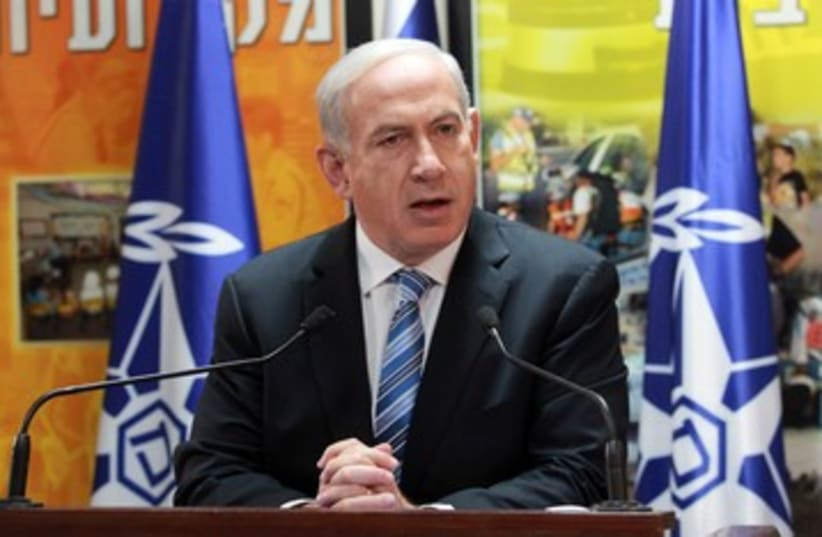PM Netanyahu threatens action if truce fails
PM: Israel is giving the cease-fire with Hamas a chance; Barak: Truce is not an agreement but a set of understandings between Israel and Egypt, Hamas and Egypt; IDF official: Hamas will be shocked by level of damage in Gaza.
